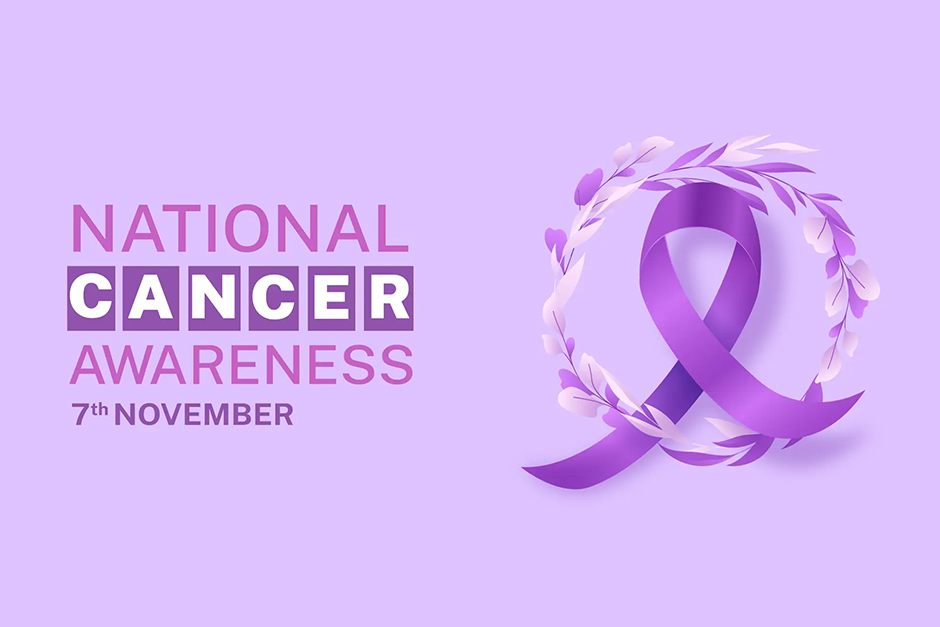National Cancer Awareness Day on November 7th highlights cancer’s pervasive threat. While tobacco’s link to oral cancer is well-known, a critical truth often eludes public discourse: oral cancer isn’t exclusively a smoker’s or chewer’s disease. In India, facing a significant oral cancer burden, medical professionals increasingly emphasize that even non-tobacco users are susceptible, underscoring the disease’s diverse and complex etiology.
Beyond the Obvious: Understanding Diverse Risk Factors
For decades, tobacco and alcohol were seen as primary oral cancer culprits. While their role is undeniable, especially with beedi smoking and gutka chewing prevalent in India, growing evidence points to a wider array of risk factors. This is crucial for non-tobacco users who may mistakenly believe they are immune.
A major concern is Human Papillomavirus (HPV) infection, particularly HPV-16. Known for cervical cancer, HPV is now a recognized cause of oropharyngeal cancers (tonsils, tongue base), affecting individuals regardless of tobacco use.
Factors unique to India also play a crucial role. The widespread chewing of areca nut (supari), often in tobacco-free pan masala, is a potent carcinogen. Its irritation contributes to submucous fibrosis, a precancerous condition. Poor oral hygiene, chronic irritation from ill-fitting dental devices, and nutritional deficiencies (iron, Vitamin A) can also predispose. Genetic factors and prolonged sun exposure for lip cancers add to this complex picture, making universal awareness paramount.
Early Detection: India’s Critical Need for Vigilance
Oral cancer’s insidious nature often leads to late diagnosis. For non-tobacco users, lacking “usual suspects” can cause delayed symptom recognition and medical consultation, leading to advanced stage diagnosis and less favourable prognosis. Early signs are often subtle: a persistent mouth sore that doesn’t heal, red or white patches (erythroplakia or leukoplakia), unexplained bleeding, a lump, difficulty chewing/swallowing, or chronic sore throat. Regular dental check-ups, ideally every six months, are crucial for visual screenings.
Dr. Anjali Sharma, a leading oncologist based in Delhi, emphasizes, “It’s a common misconception that oral cancer is solely a ‘smoker’s disease.’ We are seeing an increasing number of cases in patients who have never touched tobacco. This highlights the urgent need for universal awareness campaigns, educating everyone, irrespective of their lifestyle choices, about the early signs and symptoms. Early detection drastically improves survival rates and treatment outcomes.” Her words underscore the collective responsibility in fostering vigilance.
Proactive Prevention: Beyond Traditional Risk Mitigation
While the focus remains on non-tobacco users, principles of prevention extend universally. Beyond avoiding tobacco and limiting alcohol, proactive measures are vital. Maintaining meticulous oral hygiene, including regular brushing and flossing, reduces inflammation. For those at risk of HPV, vaccination offers significant protection.
A balanced diet rich in fruits and vegetables, providing essential vitamins and antioxidants, contributes to oral health and bolsters defenses. Critically, any persistent changes in the mouth—sores, lumps, or discolourations—should be promptly evaluated. Public health initiatives must expand beyond tobacco cessation, embracing broader education on HPV, areca nut dangers, and accessible oral health screenings for all segments of the Indian population.
National Cancer Awareness Day reminds us that our understanding of cancer must continually evolve. The increasing incidence of oral cancer among non-tobacco users in India compels us to broaden preventive strategies and heighten collective vigilance. It’s a call to action for every individual to become more attuned to their oral health, for healthcare providers to remain vigilant in screening, and for public health bodies to launch comprehensive campaigns that dismantle misconceptions. By recognizing the diverse pathways to oral cancer, we can collectively work towards earlier diagnoses, more effective treatments, and ultimately, a healthier, cancer-aware India.




